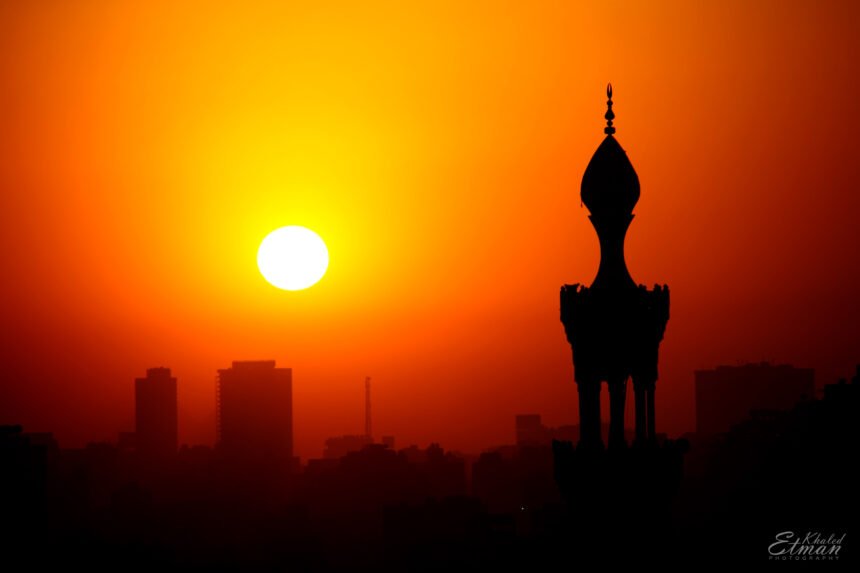NYPD tactics sow fear and mistrust
BY DIALA SHAMAS / NEW YORK DAILY NEWS
American Muslims: They’re Democrats and Republicans, young and old, bodega owners, doctors, cabbies, bankers, lawyers, students and entrepreneurs.
But the Police Department seems to think they could all be potential terrorists.
Accordingly, the NYPD has decided Muslim communities should be spied on. As part of a vast, costly and, until recently, covert surveillance program that started in 2001, the NYPD had undercover officers and informants go into restaurants and stores, infiltrate mosques and student groups, canvas neighborhoods to record the mundane details of American Muslims’ daily activities. Officers noted, for example, what sort of cuisine was served in an establishment and whether it aired Al-Jazeera.
This was supposedly done to find terrorists or those who would offer them succor. But the truth is that the NYPD was taking a page from the KGB’s notorious playbook.
After a good decade of intensive spying, the NYPD still cannot point to a single lead or prosecution that has resulted from this strategy. And despite the failure to justify blanket surveillance on the basis of religion, the NYPD still asks New Yorkers to trust blindly in these problematic tactics.
Though indiscriminate spying is ineffective, that doesn’t mean that it is harmless. Last month, a civil liberties coalition released a report documenting the devastating impact of NYPD spying on the American Muslim community.
As one of the report’s authors, I spent many hours listening to Muslim New Yorkers from all walks of life as they told chilling stories of how every aspect of their daily routines has been affected, how they have essentially been made to cower from the public sphere that American democracy is supposed to celebrate.
The stories are painful. One student we spoke with recounted how, after he had enrolled at CUNY, officers knocked on his door, offering him money to peruse other Muslim students’ Facebook pages and report their postings. While he resisted despite the pressure, he assumed many of his peers had similarly been approached.
His concern was well-justified: Last October, a young man of Bangladeshi origins “outed” himself as an informant on Facebook, telling his friends that he had not only befriended them at the instruction of his NYPD handlers, but that he had been reporting on their conversations, study groups and boyish banter for months.
The result is as unsurprising as it is depressing. At Hunter College, the Muslim student club put up a sign beseeching members not to discuss politics in the group’s club room, because the club feared attracting NYPD surveillance.
Muslim students at Brooklyn College told us they were so afraid of police officers, they would not even ask one for directions. Elsewhere, Muslim students describe not speaking up in class. Parents ask their children to shave their beards or not hang out with their “Muslim-looking” friends, fearing that might trigger NYPD scrutiny.
Muslim men and women from many backgrounds say they have stopped going to the mosque to pray — or now look over their shoulders and wonder whether the person next to them is an informant. Religious leaders assume their every word, even confidential counseling sessions, is recorded.
The list is long, but the point is simple: Surveillance harms individuals and communities, breeding the very mistrust the NYPD has said it wants to dispel.
Proponents of the NYPD’s surveillance program argue that those who have done nothing wrong should have nothing to hide. But the logic of this claim is offensive to the deeply valued American concepts of privacy and freedom of speech. The notion that a community’s speech and actions are being monitored weakens our democracy, essentially reducing an entire segment of the population to silence and second-class status.
During the internment of Japanese Americans in World War II, calls of national security were similarly used to silence those inquiring about the wisdom and fairness of using repressive measures against a single group. We now look back at that dark moment in our history with shame.
What the NYPD is asking New Yorkers to do is essentially the same: Turn a blind eye to the scapegoating of Muslims.
But the truth remains that the NYPD’s surveillance program has failed on every count. It is expensive, it is ineffective and it is discriminatory.
Much as with the department’s stop-and-frisk policy, now on trial in Manhattan, Police Commissioner Raymond Kelly should answer questions about what he is doing and why. New Yorkers simply deserve it.
Shamas is a Liman Fellow and staff attorney at the Creating Law Enforcement Accountability & Responsibility project at CUNY School of Law. She is a co-author of the recently released report “Mapping Muslims: NYPD Spying and its Impact on American Muslims.”


Leave a Reply